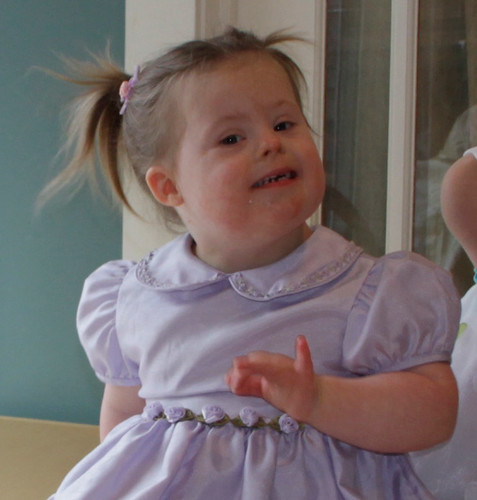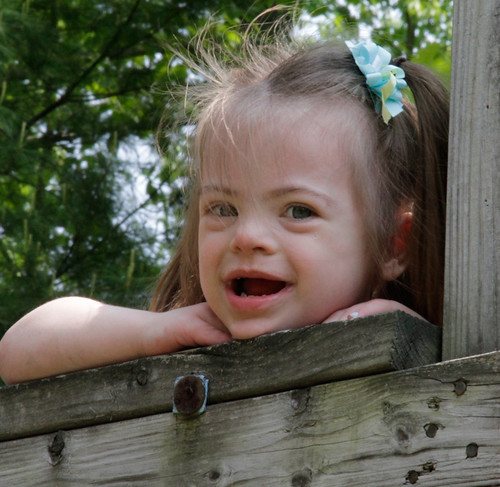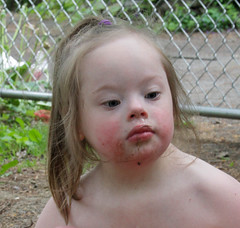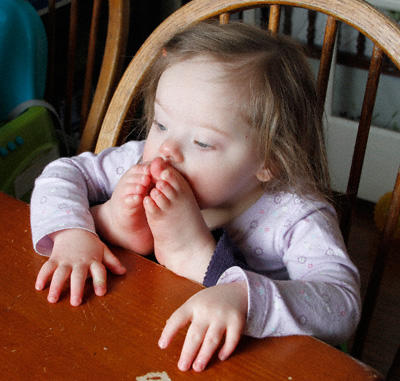
All five years of her little life, Kimani has preferred to go barefoot. She will not stand for having shoes on unless she is actually using her feet for walking. Once she stops walking, the shoes come off.
Turns out, this is a problem. It is a BEHAVIOR problem that needs to be formally and legally documented as such:
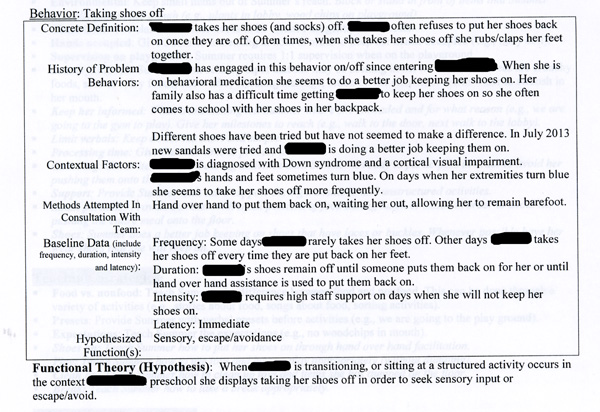
Almost everything (other than her taking off her shoes) on that document is bullcrap. The medication effect, the clapping, the escapism; all conjecture.
I called the school psychologist and we talked. I explained that shoe wearing, although deeply ingrained in our culture, is not natural and so not wanting to wear shoes is really not a behavior but in fact a preference for remaining in one’s natural state of being. I said that based on this there really is no reason for a legal "plan of action" for putting her shoes back on when she needs to use them.
She conceded that this is true but that there are RULES and that Kimani’s non-conformist behavior (I shit you not, she used that word) is affecting her ability to learn, and that of the other students because she requires extra adult attention to get her shoes back on. Then she explained that she is only following the State Department of Education regulations. Regulations defined by laws, and rules and codes... and now Kimani's bare feet have become a legal behavior problem that interferes with her education.
And it is not just bare feet... they added two other behaviors to a plan that we reluctantly agreed to this time last year. She puts everything in her mouth, even bad stuff, so we agreed that it was a safety issue and went ahead with the whole Functional Behavior Assessment process, and look where it got us. She still mouths everything and now has three more behaviors that are working their way into her permanent legal record. In case you are curious the other two are "dropping" instead of walking when they want her to and dumping toys/clearing spaces off.
I asked what they might add next, spitting food or grabbing other children’s food? And she said “Yes, that too, we could add those too if you want.” Ha ha ha, if I want. No I don’t freaking want. She totally missed my point. Kimani is one total non-conformist person who without protection from the system that is trying to help her will end up locked in a box.
I feel like her whole future is on the line with what we allow concerning these things... her access to the least restrictive environment, her legal rights and freedoms, and the path her education will take. She is headed to that place, the one that only some parents and some administrators, and some teachers and some aides know about. And I will be damned before I let that happen to her.
My first thought was that I am going to have to homeschool her. That is so not me :-( Guess I better see what all is involved in that solution.
If you homeschool a child with disability, pipe up and encourage me. Tell me how you do it.
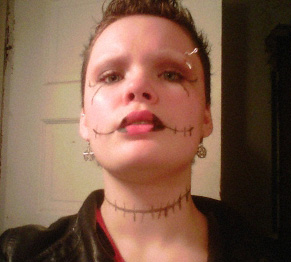 Whether we like it or not, we decide everything for them in the beginning. Remember breast vs. bottle? And it goes on from there. We make those choices with love and determination, a kind of thoughtfulness that looks at the present and into the future. We choose their playmates, their schools, their extra activities, where they live, what kinds of food they eat, what they are exposed to both physically and mentally; all with the hope that our choices will somehow help our children to become whatever our personal idea of a good (well-adjusted, successful, insert your own word here) grown-up is.
Whether we like it or not, we decide everything for them in the beginning. Remember breast vs. bottle? And it goes on from there. We make those choices with love and determination, a kind of thoughtfulness that looks at the present and into the future. We choose their playmates, their schools, their extra activities, where they live, what kinds of food they eat, what they are exposed to both physically and mentally; all with the hope that our choices will somehow help our children to become whatever our personal idea of a good (well-adjusted, successful, insert your own word here) grown-up is. 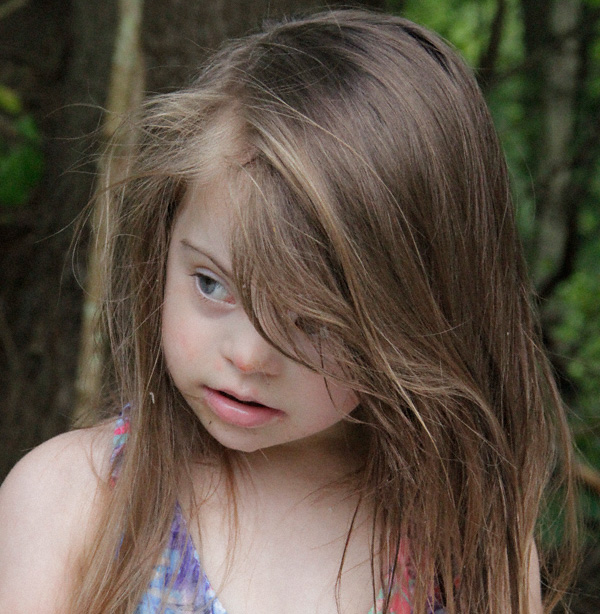
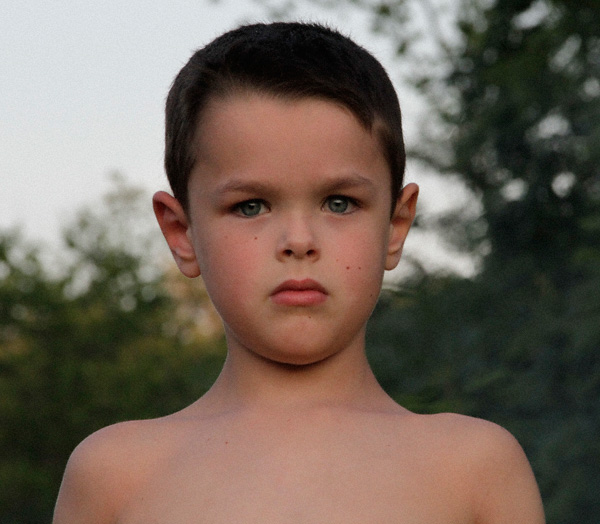
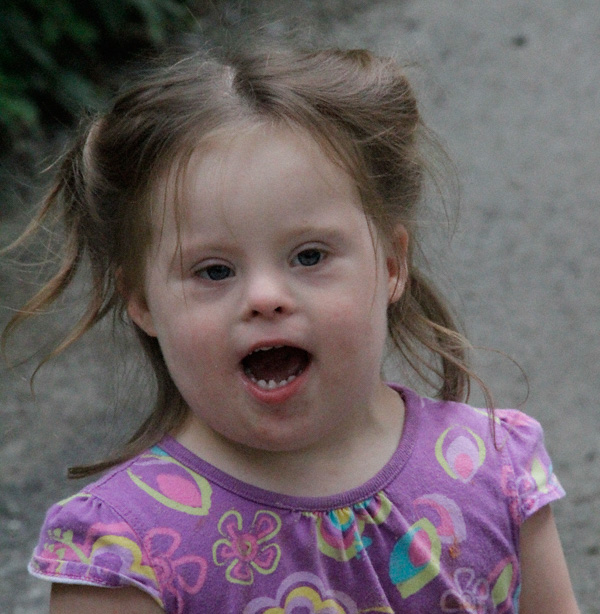
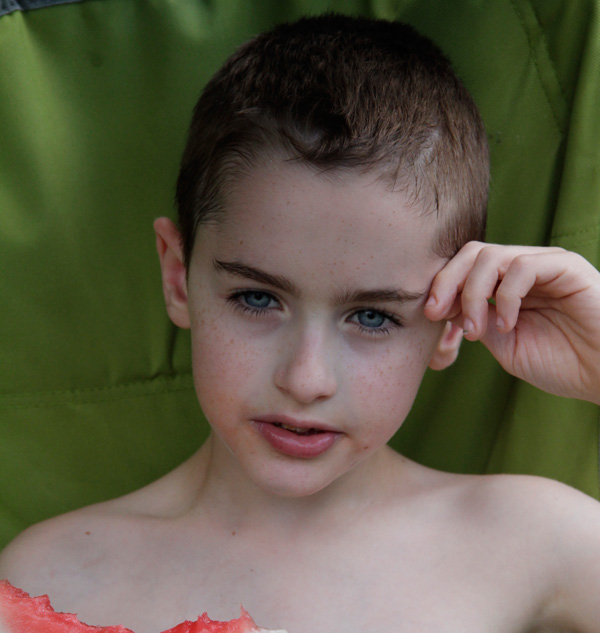
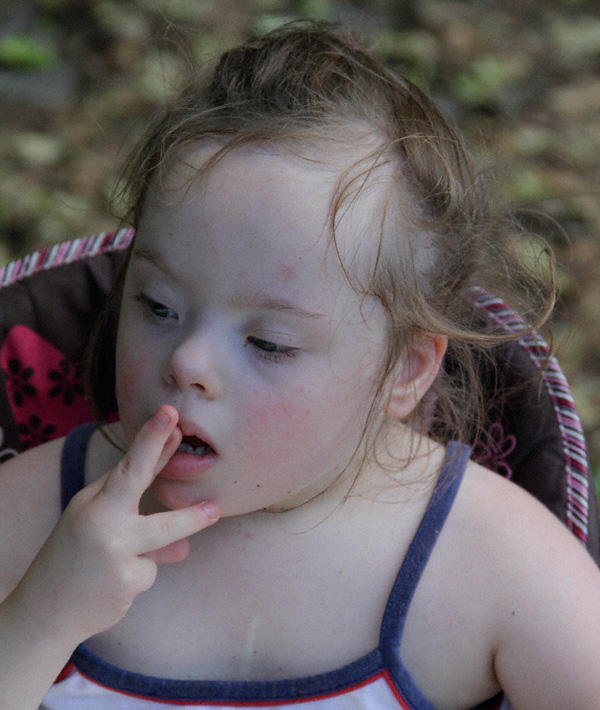
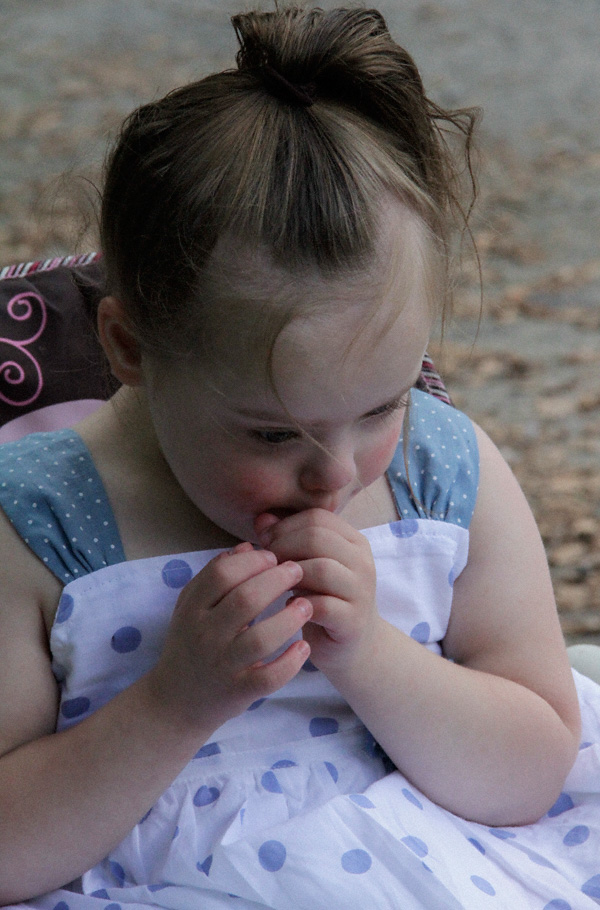
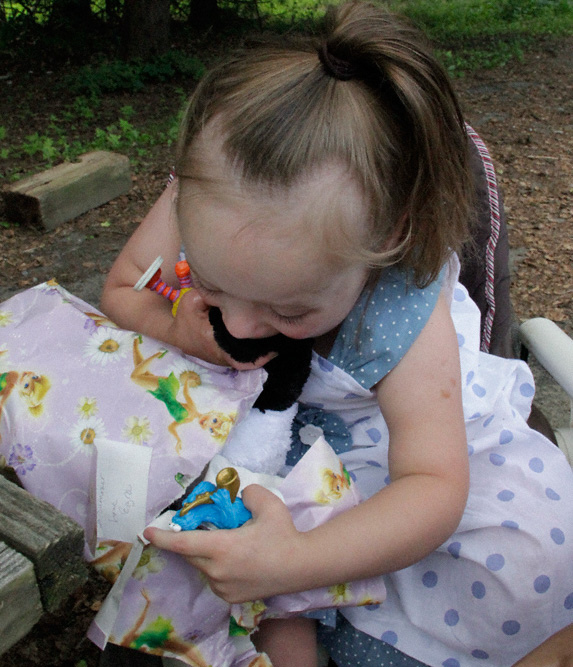
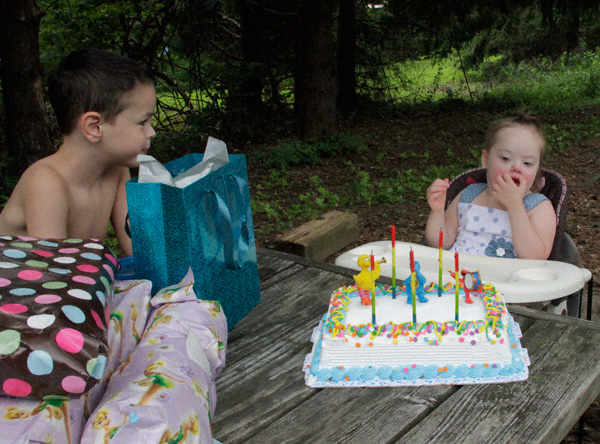
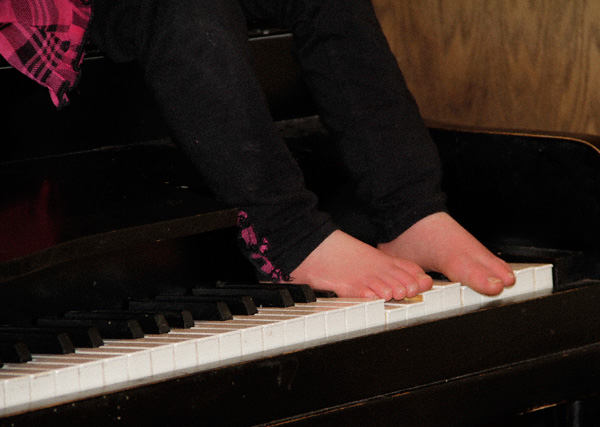
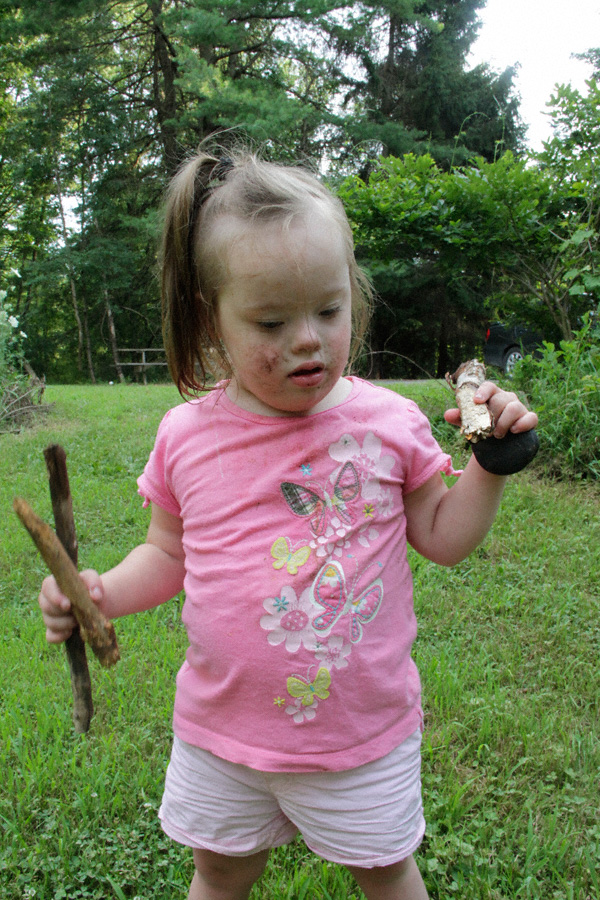
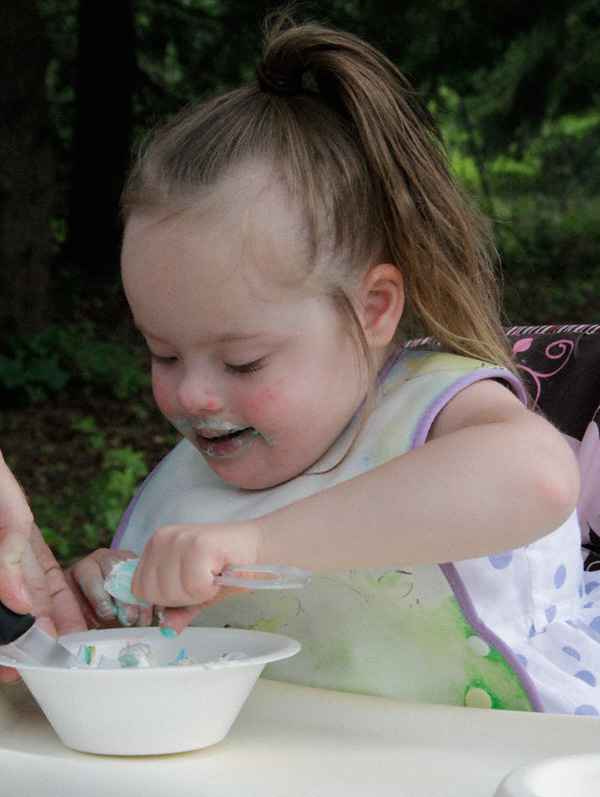
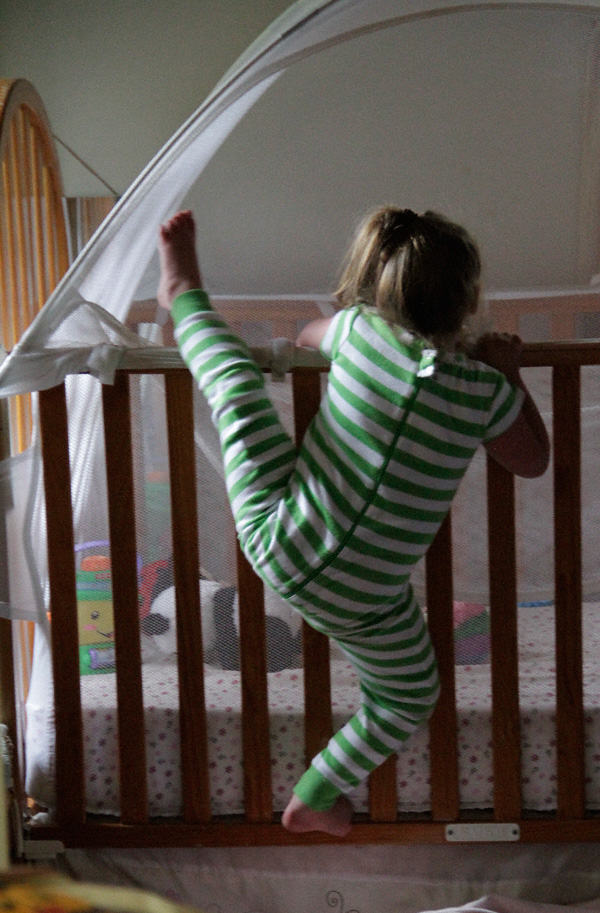
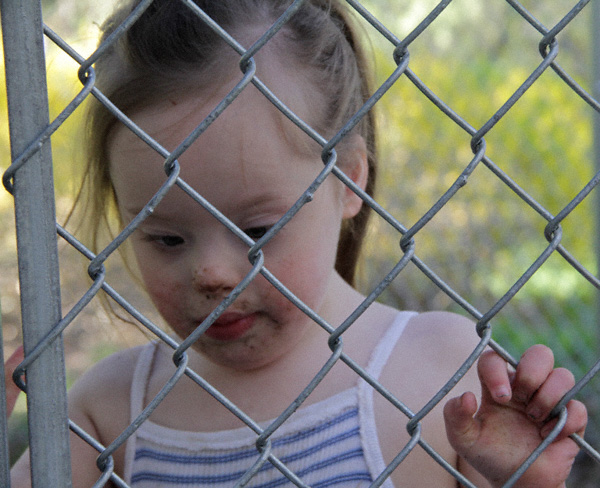
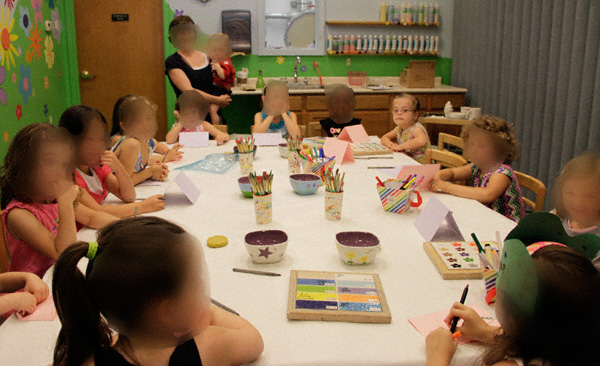
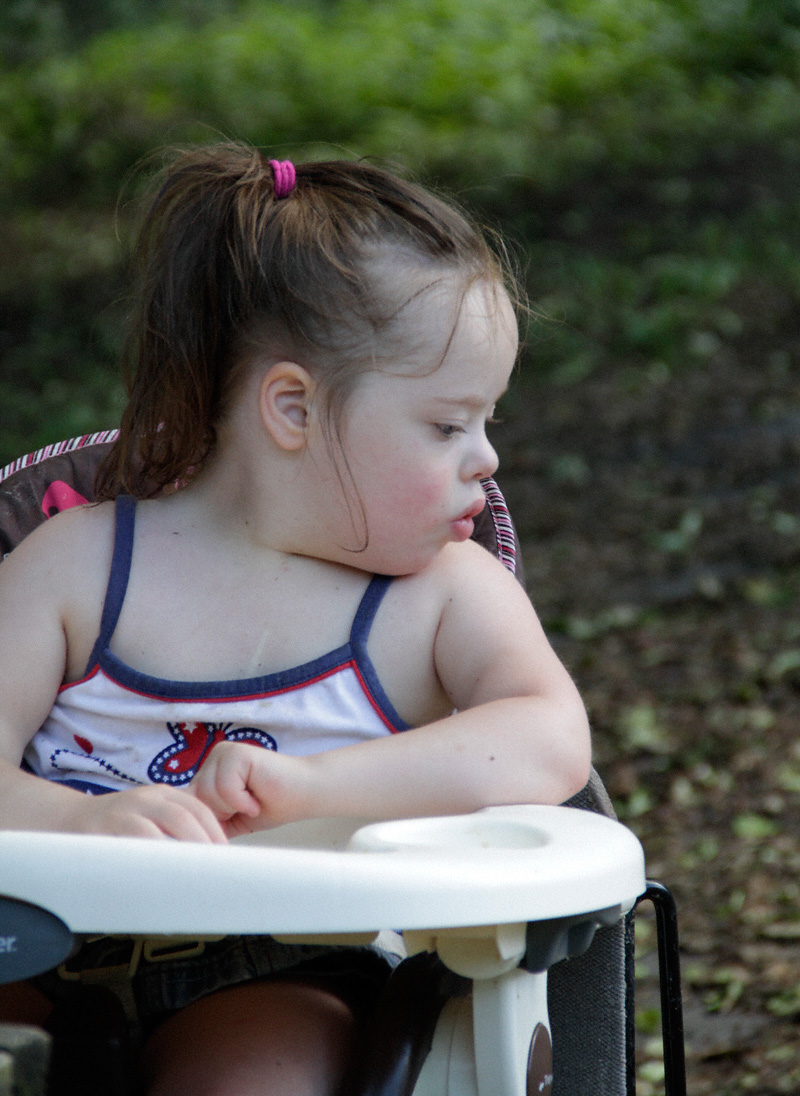 Kimani’s life is a dance of few steps. She is angry with the choreographer, though she takes it out on me. For I am the one who fails at reading her mind. I am the one who feeds her unappetizing things, too slowly, at the wrong time of day. I am the one who puts her into or takes her out of her crib against her will. I am the one who drains the water from the tub and runs brushes through her tangles. I am the extension of herself that is uselessly out of her control.
Kimani’s life is a dance of few steps. She is angry with the choreographer, though she takes it out on me. For I am the one who fails at reading her mind. I am the one who feeds her unappetizing things, too slowly, at the wrong time of day. I am the one who puts her into or takes her out of her crib against her will. I am the one who drains the water from the tub and runs brushes through her tangles. I am the extension of herself that is uselessly out of her control. 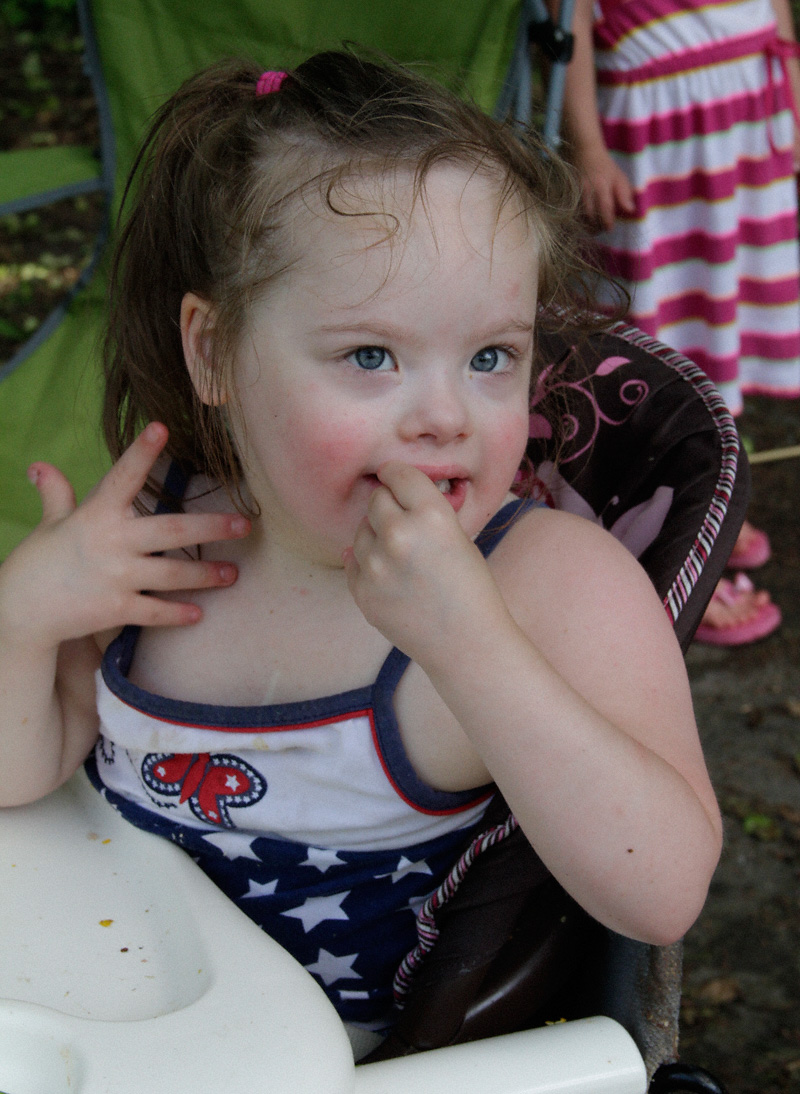
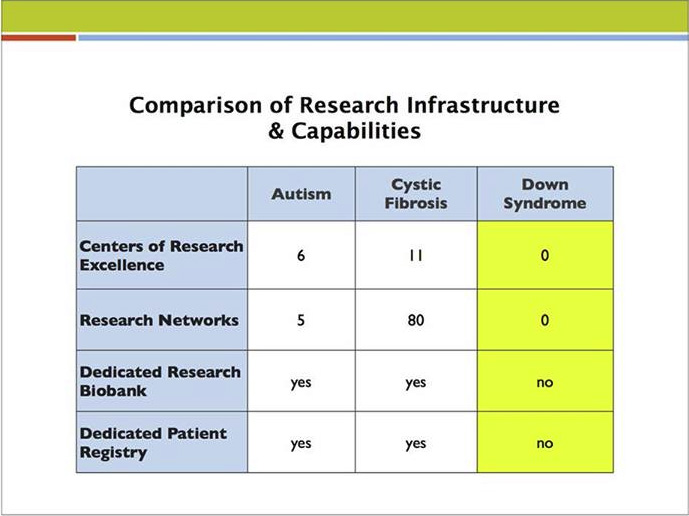
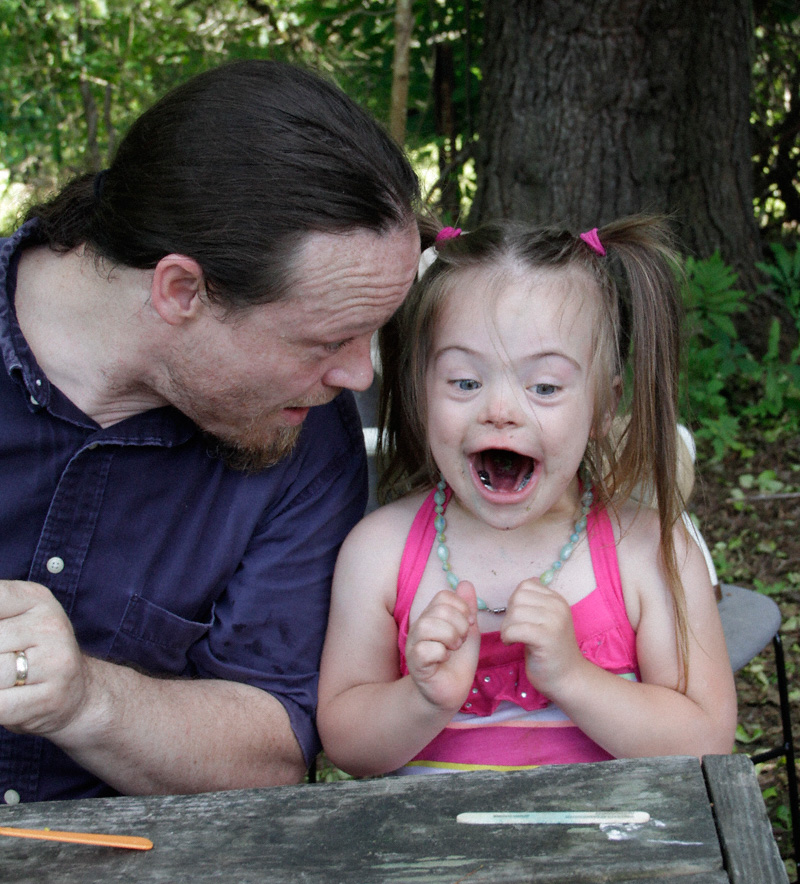
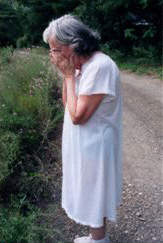 I don’t just fear Alzheimer’s for my girls... I am afraid it will get my mother like it did her mother. I am afraid that one day it will come for me. I hate Alzheimer’s, hate what it did to my grandmother. It took her short-term memory. It took her processing speed. It took her independence. It took her desire to be alive.
I don’t just fear Alzheimer’s for my girls... I am afraid it will get my mother like it did her mother. I am afraid that one day it will come for me. I hate Alzheimer’s, hate what it did to my grandmother. It took her short-term memory. It took her processing speed. It took her independence. It took her desire to be alive. 